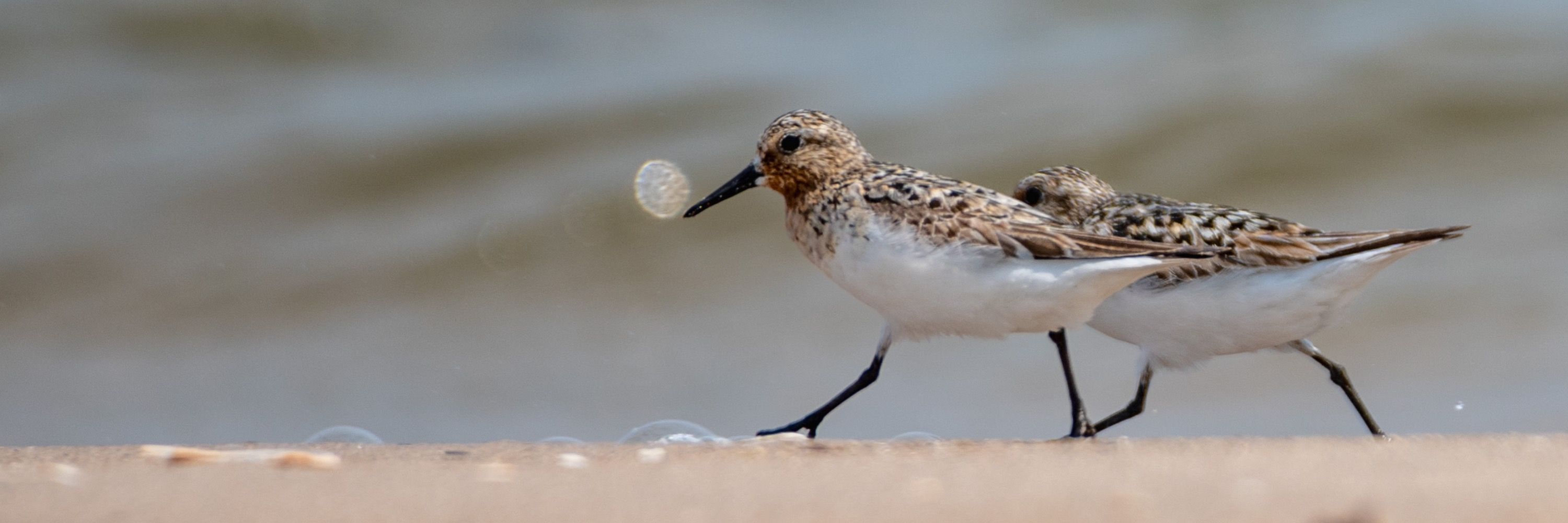
Hers comes to mind!
Hers comes to mind!

arxiv.org/abs/2510.19894

arxiv.org/abs/2510.19894
So when they engaged @cos.io for collaboration, they explicitly opted not to provide information about the type of content viewed. Chop off the mechanism and get a null.

So when they engaged @cos.io for collaboration, they explicitly opted not to provide information about the type of content viewed. Chop off the mechanism and get a null.
arxiv.org/abs/2505.09254

arxiv.org/abs/2505.09254
www.courtlistener.com/docket/65407...

www.courtlistener.com/docket/65407...
Notably the indication in the reporting here is they were running a very similar study in design to their election collaboration… which doesn’t get that scrutiny.
Notably the indication in the reporting here is they were running a very similar study in design to their election collaboration… which doesn’t get that scrutiny.
arxiv.org/abs/2510.19894

arxiv.org/abs/2510.19894
They seem quite keen on it when their confounded analyses suggest they’ve fixed hate speech.
They seem quite keen on it when their confounded analyses suggest they’ve fixed hate speech.


